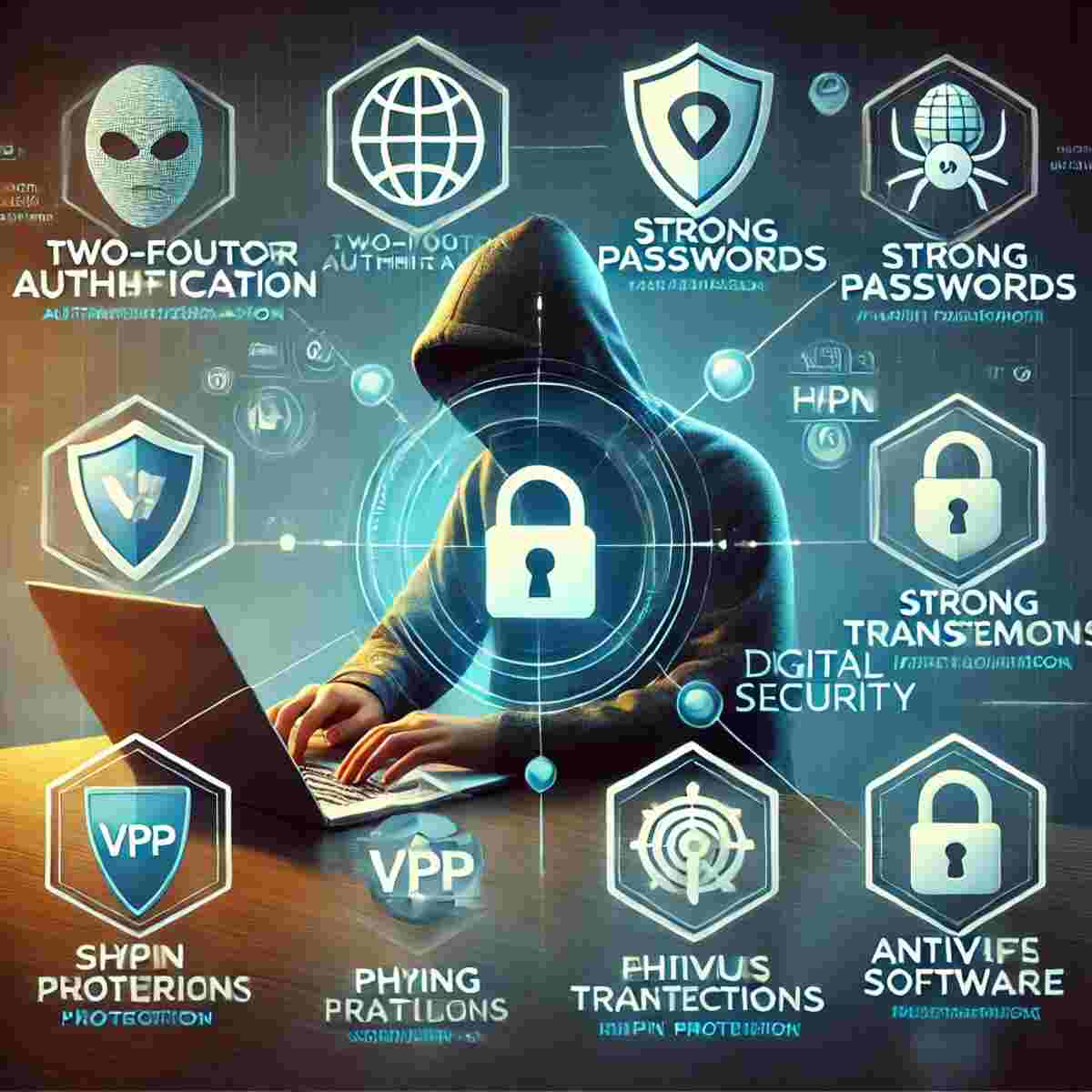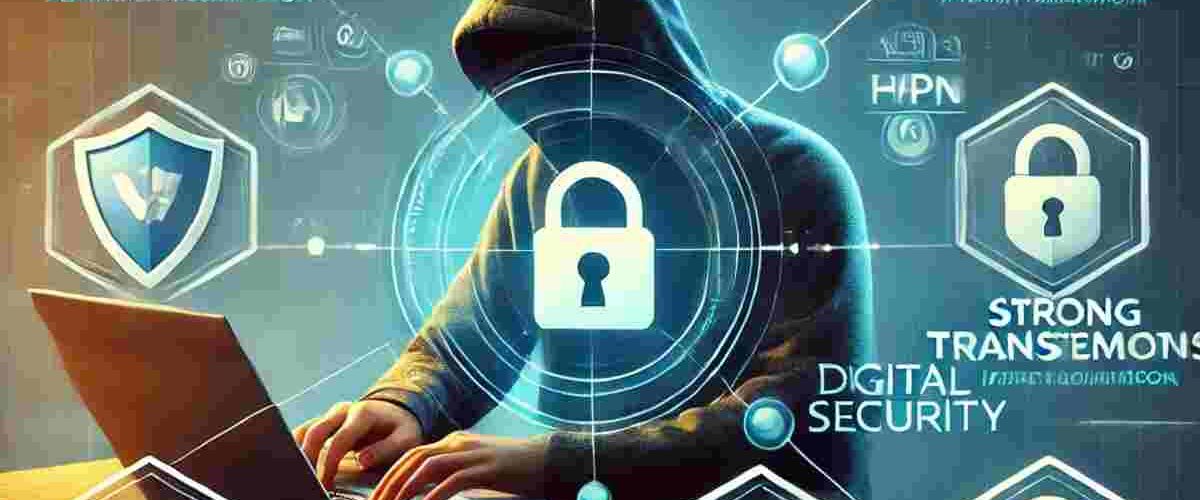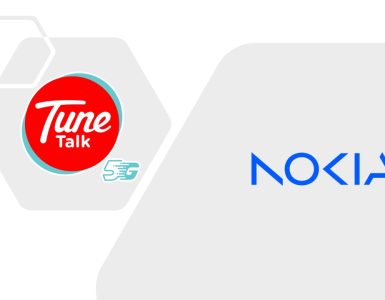In today’s digital world, the internet is an integral part of daily life. From social networking and online shopping to banking and remote work, the internet provides unparalleled convenience. However, it also presents risks such as cyber threats, identity theft, data breaches, and phishing scams. Ensuring your safety and security online is more important than ever. This comprehensive guide will provide key strategies to help you navigate the web safely and protect your digital presence. You can also explore secure platforms like sports betting platform 1xbet Myanmar for a trusted online experience.

1. Use Strong and Unique Passwords
Passwords are the first line of defense against unauthorized access to your accounts. To create strong passwords, follow these guidelines:
- Use a mix of uppercase and lowercase letters, numbers, and special characters.
- Avoid using common words, phrases, or personal information.
- Use unique passwords for each online account.
- Consider using a reputable password manager to store and generate complex passwords.
2. Enable Two-Factor Authentication (2FA)
Two-factor authentication adds an extra layer of security by requiring a second verification step beyond just a password. Many services offer 2FA options such as:
- SMS or email verification codes
- Authenticator apps like Google Authenticator or Authy
- Biometric authentication (fingerprint or facial recognition)
3. Keep Your Software and Devices Updated
Cybercriminals often exploit outdated software vulnerabilities to gain access to systems. Protect yourself by:
- Regularly updating your operating system, browser, and applications.
- Enabling automatic updates whenever possible.
- Using security patches provided by software developers.
4. Be Cautious with Public Wi-Fi
Public Wi-Fi networks can be convenient but are often insecure. Take precautions by:
- Avoiding logging into sensitive accounts (e.g., online banking) when connected to public Wi-Fi.
- Using a Virtual Private Network (VPN) to encrypt your internet traffic.
- Disabling automatic Wi-Fi connections on your devices.
5. Recognize and Avoid Phishing Scams
Phishing scams trick users into revealing personal information by impersonating legitimate organizations. To stay safe:
- Never click on suspicious links or download attachments from unknown emails.
- Verify the sender’s email address carefully.
- Look for grammatical errors and inconsistencies in messages.
- Contact the organization directly if you receive an unexpected request for personal information.
6. Secure Your Online Transactions
When making online purchases or banking transactions, ensure your financial information remains secure by:
- Shopping only on reputable websites with HTTPS encryption (look for the padlock icon in the browser’s address bar).
- Using credit cards or secure payment methods like PayPal instead of debit cards.
- Monitoring your financial statements for unauthorized transactions.
7. Manage Your Social Media Privacy Settings
Social media platforms can expose personal data to cybercriminals if not properly managed. Protect yourself by:
- Adjusting privacy settings to limit who can view your posts and profile information.
- Avoiding oversharing personal details such as your home address or travel plans.
- Using strong passwords and enabling 2FA on social media accounts.
8. Protect Your Devices with Antivirus Software
A strong antivirus program helps defend against malware, ransomware, and other cyber threats. Best practices include:
- Installing reputable antivirus software and keeping it updated.
- Running regular system scans.
- Avoiding downloads from untrusted sources.
9. Use a VPN for Online Privacy
A Virtual Private Network (VPN) encrypts your internet connection, making it harder for hackers to intercept your data. Benefits of using a VPN include:
- Protecting your IP address and browsing activity from trackers.
- Securing your connection when using public Wi-Fi.
- Allowing access to region-restricted content while maintaining anonymity.
10. Be Wary of Online Scams and Fraud
Scammers use various tactics to deceive users. Common online scams include:
- Fake job offers asking for upfront payments or personal information.
- Lottery or prize scams claiming you’ve won money but require a fee to claim it.
- Romance scams where fraudsters pose as potential partners to exploit victims financially.
- Tech support scams pretending to be from Microsoft, Apple, or other tech companies.
11. Backup Important Data Regularly
Losing data due to hacking, system failures, or accidental deletion can be devastating. Prevent data loss by:
- Regularly backing up files to an external hard drive or cloud storage.
- Enabling automatic backups for critical data.
- Using multiple backup locations to ensure redundancy.
12. Educate Yourself and Others About Online Security
Staying informed about cybersecurity trends helps you remain vigilant. Share knowledge with family and friends by:
- Encouraging them to use strong passwords and 2FA.
- Teaching them how to recognize phishing and scam attempts.
- Promoting responsible internet usage, especially for children and elderly individuals.
Conclusion
The internet is a powerful tool, but it comes with risks that require caution and proactive measures. By implementing strong passwords, enabling security features, using a VPN, avoiding scams, and keeping your software updated, you can significantly reduce your risk of falling victim to cyber threats. Staying safe online is a continuous effort, but with the right knowledge and habits, you can confidently navigate the digital world while protecting your privacy and security.












Add comment